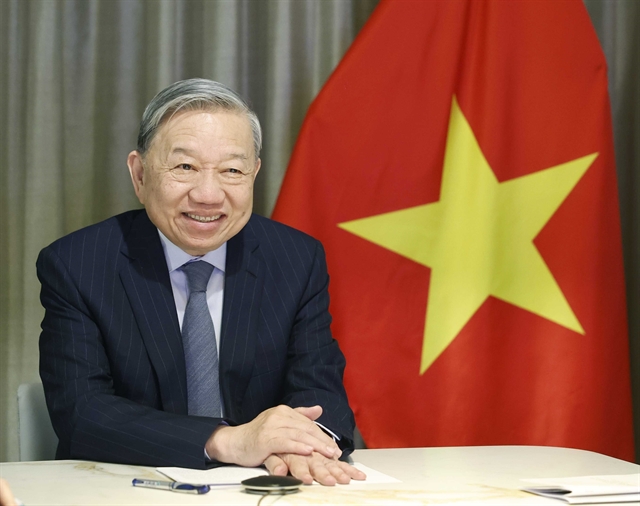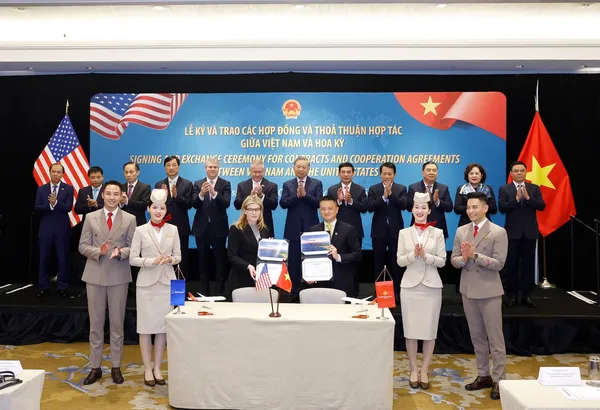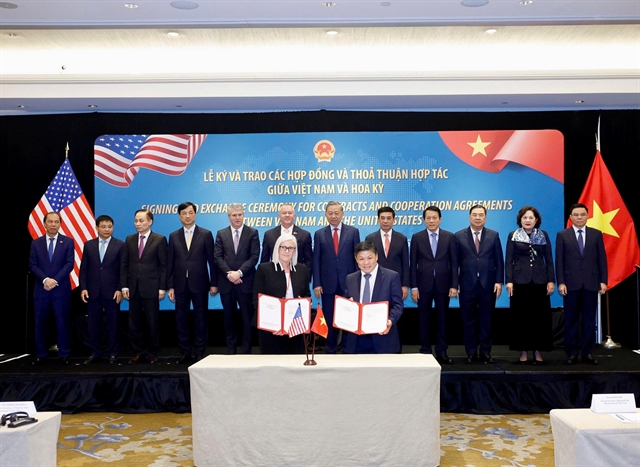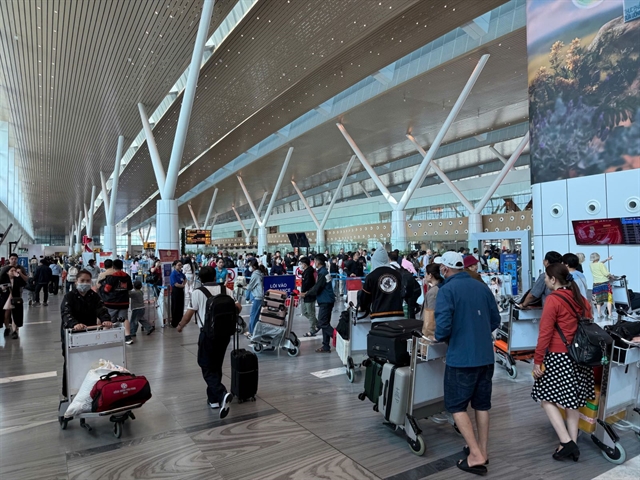 Society
Society
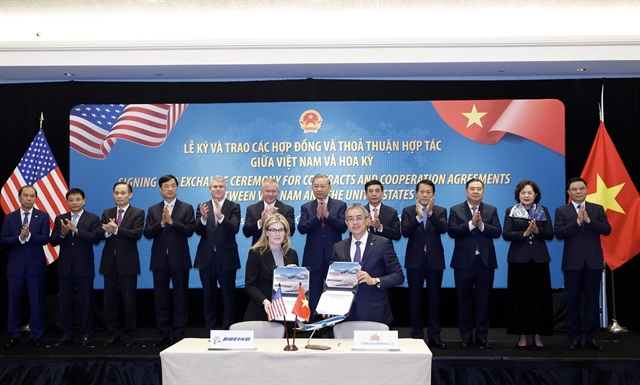
Deputy Prime Minister Vương Đình Huệ emphasised that salary reform is an urgent need at a conference in Hà Nội yesterday to discuss global and local experience in renovating salary policies.
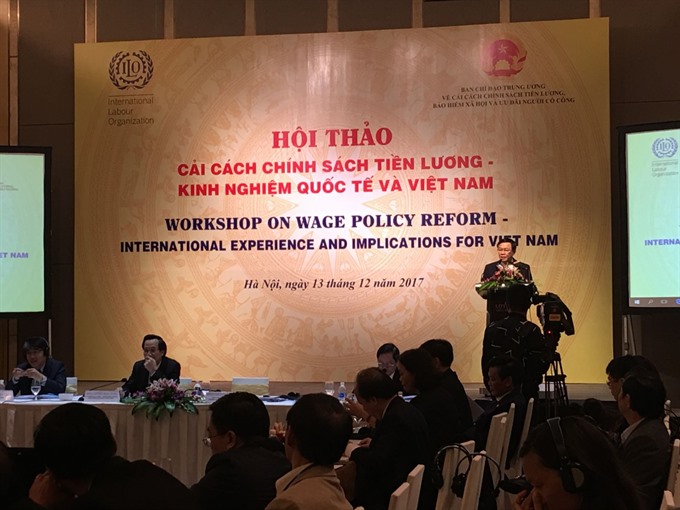 |
| Deputy Prime Minister Vương Đình Huệ speaks at a conference in Hà Nội yesterday to discuss global and local experience in renovating salary policies.– Photo enternews.vn |
HÀ NỘI – Deputy Prime Minister Vương Đình Huệ emphasised that salary reform is an urgent need at a conference in Hà Nội yesterday to discuss global and local experience in renovating salary policies.
The Deputy PM said salary reform is closely linked with administrative reform and reshuffling the political apparatus and public service agencies.
However, he pointed to the need to seek proper payment policies that suit the conditions of Việt Nam, which requires careful calculation.
Dr Jinho Jeong from the Korea Labour Institute said that it is necessary to consider the complexity of tasks and level of responsibility along with price and living costs in deciding salary levels in the public sector, to ensure salary can cover minimum standards of living.
It is crucial to consider the equality of wage between the State-owned and private sectors, he said.
Meanwhile, Director of the International Labour Organisation’s Office in Việt Nam Changhee Lee said the salary system in Việt Nam’s public sector is confusing, as a person in a higher position may have a lower salary than their subordinates.
He asserted that using a wage coefficient makes it difficult adjust salary in an orderly manner in the public sector. At the same time, there are too many types of supplementary allowances, he added.
Lee recommended that along with changes in salary payment policy, it is necessary to keep supplementary allowance below 50 per cent of the total salary package.
Economist Pham Chi Lan noted that regular spending accounts for nearly 70 per cent of State budget spending, of which 47 per cent is spent on salaries.
Lan pointed out a number of challenges facing salary reform, including thinking about the role of the State and the relationship between the State, the market and society.
Irrational and overlapping functions among State agencies, a lack of transparency, poor accountability along with red tape and corruption are also barriers to salary reform, stressed Lan.
She added that the current system of recruitment, salary payment, promotion and dismissal of public servants does not create necessary pressure or motivation for salary reform.
Concluding the discussions, Deputy PM Huệ shared the specialists’ opinion that public servants’ salary must ensure minimum standards of living, and is balanced with the business sector and the market.
He also agreed on the need to switch from the use of wage coefficients to calculate salary to specific figures, and to reduce supplementary allowances in salary packages.
In the private sector, he stressed the need for maintaining the minimum wage to make sure no worker is paid under the minimum, thus protecting vulnerable groups.
As of Janurary 1, 2018, the regional minimum wages will increase by VNĐ180,000-230,000 (US$7.2-9.2), according to a Government Decree issued on December7.
Under the decree, the minimum wage will be raised from the current VNĐ3.75 million (US$165) to VNĐ3.98 million ($175) for contracted workers of enterprises located in region I, from VNĐ3.32 million ($146) to VNĐ3.53 million ($155) in region II, from VNĐ2.9 million ($127) to VNĐ3.09 million ($136) in region III and VNĐ2.58 million ($113) to VNĐ2.76 million ($121) in region IV. — VNS
—VNS

